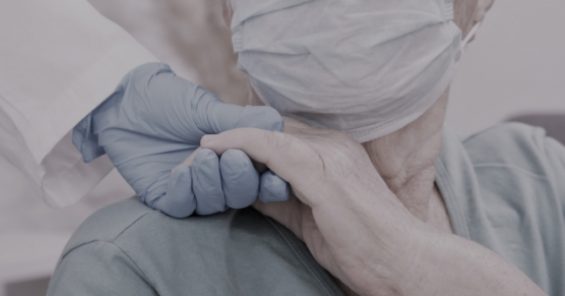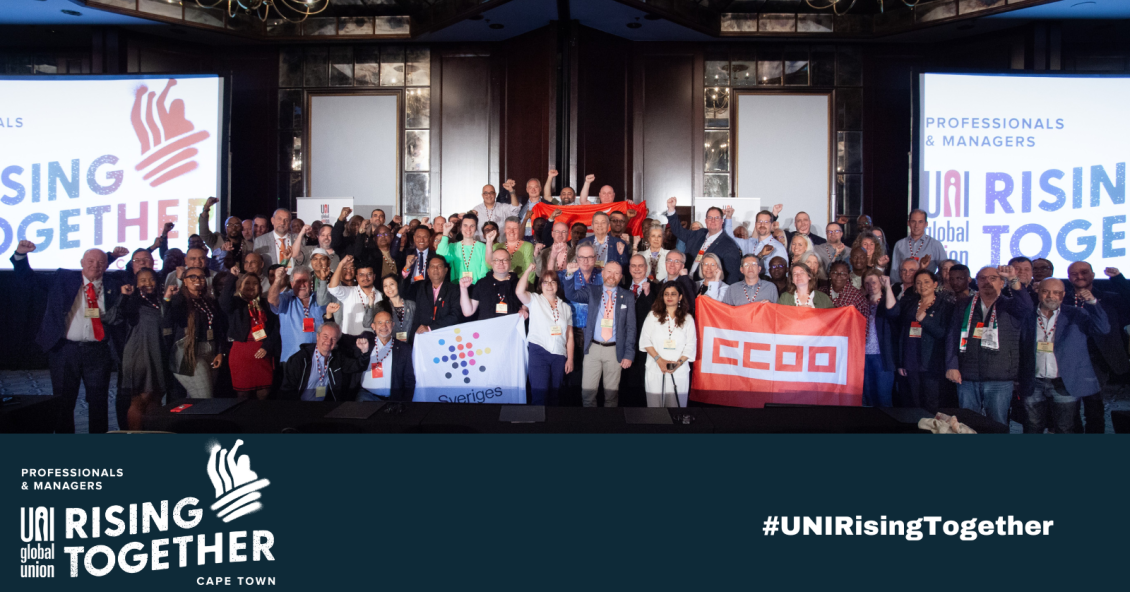Update: As of 22 November 2021, the number of investor signatories has continued to grow. An updated investor list is here.
Representing a collective US$3.35 trillion in assets under management, a recently launched shareholder initiative to raise resident and employee conditions in the nursing home sector has grown to 100 investors and funds.
The group—coordinated by UNI Global Union and formed in late March—is engaging with investee companies and real estate owners to address many of the deep-seated problems in long-term care that have been exacerbated by the pandemic. It has issued a joint statement detailing newly articulated expectations for the industry, including adequate staffing levels, expanded collective bargaining and union representation, improved health and safety, liveable wages, and enhanced quality of care.
The newest members of the initiative have been largely from pension funds, reflecting a greater recognition of their mandates to be fiscally and socially responsible in the wake of the pandemic. Nursing home residents accounted for disproportionately large share of all COVID-19 related deaths during the pandemic, and hundreds-of-thousands-of nursing home workers have also become infected, many of whom are facing long lasting aftereffects and a large number have died. One year into the pandemic, research by UNI finds that most care workers do not earn a liveable wage and nearly a third are without adequate access to personal protective equipment.
“COVID-19’s catastrophic toll on long-term care facilities has made ignoring the high-risk nature of nursing homes impossible, and it is heartening to see a growing number of investors treat this sector as the perilous industry that it is,” said Christy Hoffman, General Secretary of UNI Global Union. “This expanding coalition is already playing a vital role in putting social responsibility and human life—not short-term profits—at the centre of long-term care.”
The investors are calling on companies to enhance board level oversight—including making sure directors have the expertise to effectively implement investors’ expectations. Companies in the sector should also disclose how the risks addressed by the newly set out expectations are monitored, managed, and integrated into management incentive schemes and performance targets.
The momentum of investor attention to long-term care has been building, led by members of this coalition. For example, investor signatories also raised a question at the Fresenius AGM on how the company is meeting the expectations on working conditions and quality of care in their nursing homes and other residential care facilities.
“The pandemic has shone a spotlight on the critical issues in the sector and need for all actors to play a role in raising the bar,” Nina Roth, Director, Responsible Investment at BMO. “We have already reached out to 13 companies in our portfolio to share these expectations and begin dialogue on how they exceed local legal requirements to meet best practices on key areas like staffing, health and safety, wages and contracts, and freedom of association and collective bargaining.”
Last month at the annual meeting of Canadian nursing home giant Chartwell, nearly one-third of shareholders supported a motion for more transparent workplace practices.
Anthony Schein, Director of Shareholder Advocacy at SHARE, the proposal’s sponsor, said, “For investors, the crisis in long term care during has solidified the link between standards of work and quality of care. In this sector, that’s the fundamental value of the company. The vote from investors at Chartwell – where one-third of all shareholders supported our proposal – is a clear indication that investors want companies to take notice.”



